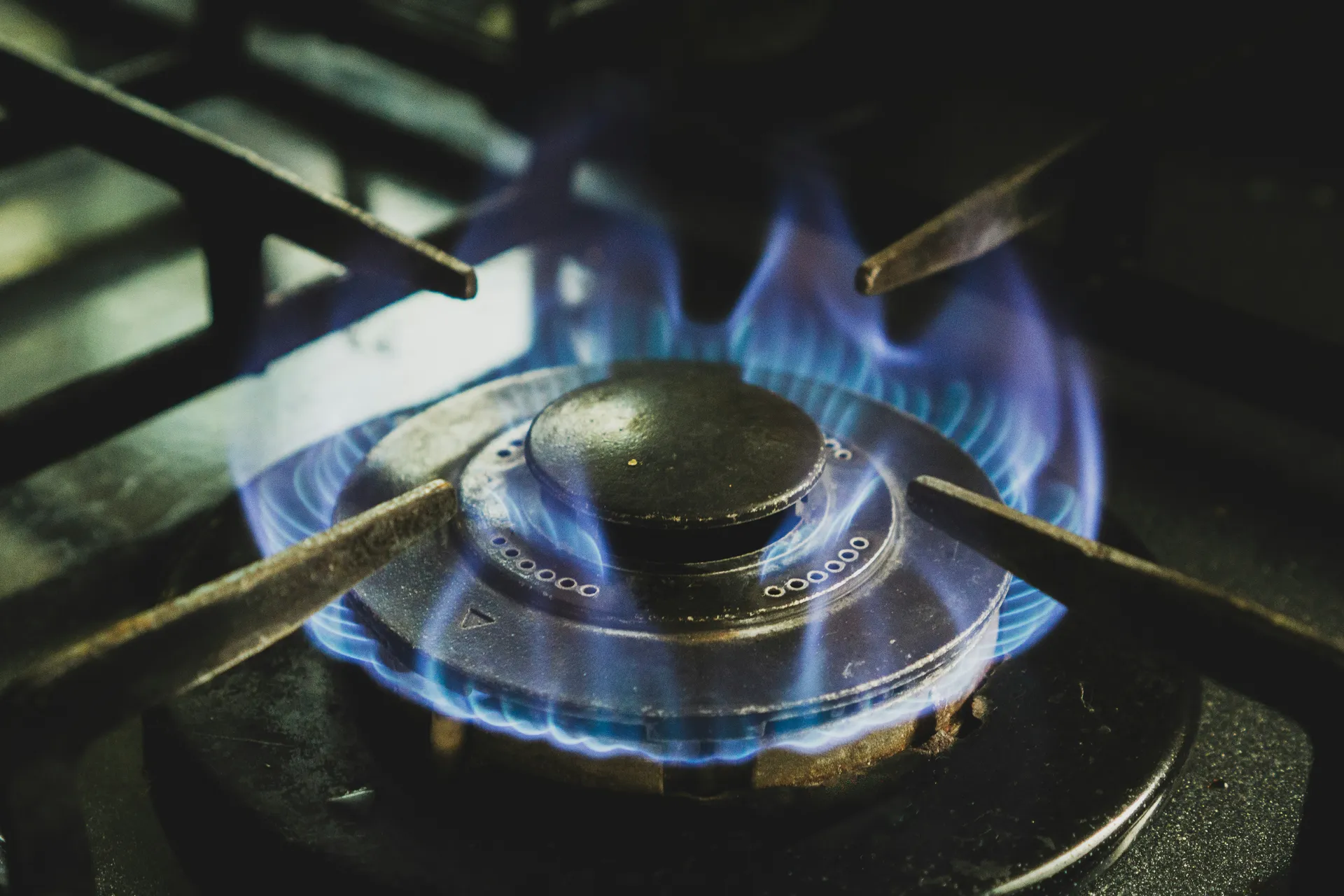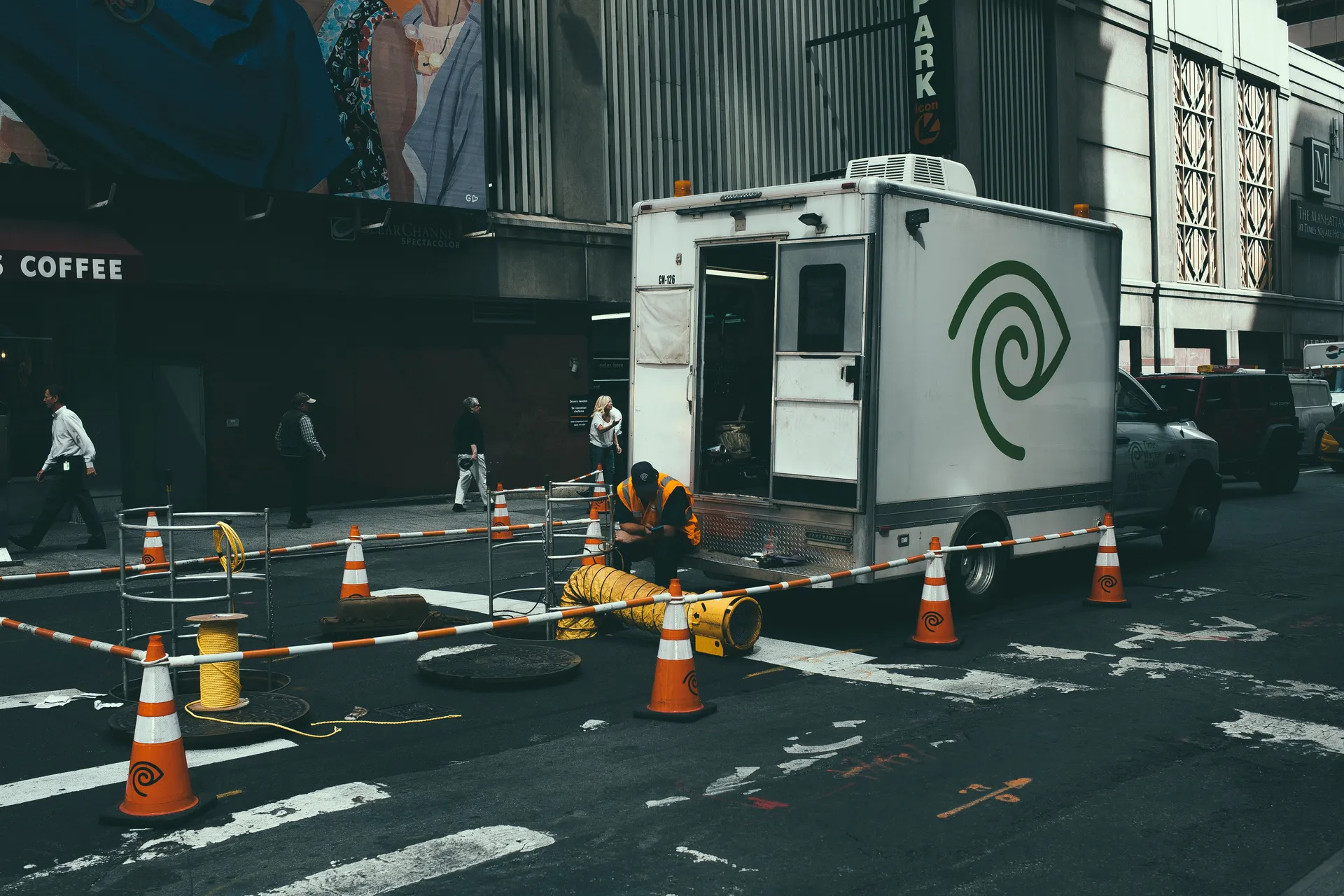Gas Leak Repair Costs & Emergency Guide: Your Immediate Action Plan
If you smell gas, STOP what you are doing. Do not read further. Follow these steps IMMEDIATELY:
- DO NOT touch any light switches, electronics, or telephones.
- Extinguish all open flames, including cigarettes.
- Leave the house IMMEDIATELY, taking all people and pets with you. Leave the door open.
- From a safe distance (at least 350 feet away, or at a neighbor’s house), call 911 and then your gas utility company’s emergency line.
- DO NOT re-enter your home until a qualified professional has declared it safe.
A natural gas leak is one of the most serious emergencies a homeowner can face. This is not a “wait and see” problem. It’s an “act now” situation where every second counts. As a master gasfitter with over two decades in the field, I’ve seen firsthand the devastating consequences of hesitation. This guide is your action plan.

Key Takeaways
- The “Rotten Egg” Smell: Natural gas is odorless; utility companies add a chemical called mercaptan to give it a distinct, foul smell for your safety. If you smell it, you have a leak.
- Immediate Evacuation is Non-Negotiable: Your life is more valuable than any property. Get out first, call for help second.
- NEVER DIY Gas Repairs: A single mistake can be catastrophic. Gas line repair requires specialized tools, pressure testing, and licensure. It is a job exclusively for professionals.
- Costs Vary by Location and Complexity: A simple fix at an appliance valve may cost $150-$350, while a leak inside a wall or underground can exceed $2,000. The priority is always safety, not cost.
In 20 years of emergency gas calls, I’ve never seen a situation where waiting ‘just a few more minutes’ improved the outcome. Gas doesn’t negotiate. It doesn’t give second chances. When you smell that rotten egg odor, your house is telling you to get out NOW.
The Unmistakable Signs of a Gas Leak
Trust your senses. They are your primary alarm system.
Gas Leak Detection Checklist
- Smell (Olfactory): The most common sign is the smell of sulfur or rotten eggs. This is the mercaptan additive doing its job.
- Sound (Auditory): Listen for a distinct hissing, whistling, or roaring sound near a gas appliance or pipeline. This indicates gas escaping under pressure.
- Sight (Visual): Look for bubbling in wet or flooded areas, blowing dust from a hole in the ground, or a patch of dead or dying vegetation in your yard near a buried gas line. You may also see a damaged connection to an appliance.
If you or anyone in your home experiences unexplained dizziness, headaches, nausea, or fatigue, these could be signs of gas inhalation. Evacuate immediately and inform the 911 operator of these symptoms.
Professional Gas Leak Repair Costs
Once you are safe and the professionals are on site, the focus will shift to detection and repair. Cost is secondary to safety, but it’s important to understand the factors involved.
Estimated Cost for Gas Leak Repair
Costs are determined by the leak's location, accessibility, and the materials required. These estimates include the service call, leak detection, and labor for the repair itself.
Cost factors:
- Emergency Call-Out Premium: Expect a premium fee of $100-$250 for after-hours, weekend, or holiday service.
- Leak Location & Complexity: A simple valve tightening is low-cost, while a leak inside a wall or underground is high-cost.
- Materials & Permits: Cost of new pipes, fittings, and any required local permits and inspections.
Cost Breakdown by Repair Type
| Repair Scenario | Typical Cost Range | Complexity | Description |
|---|---|---|---|
| Minor Repair | $150 - $400 | ⚠️ Professional Only | Tightening a loose fitting or replacing a single, easily accessible valve (e.g., behind a stove or dryer). |
| Moderate Repair | $400 - $1,000 | ⚠️ Professional Only | Replacing a section of pipe in an accessible area like a basement or crawlspace. |
| Major Repair | $1,000 - $2,500+ | ⚠️ Professional Only | Repairing a leak located inside a wall, ceiling, or underground. Price includes materials and labor for both the gas line and subsequent structural repairs (drywall, landscaping). |
Why DIY Gas Leak Repair is a Deadly Gamble
There is no room for error with gas lines. This is not a suggestion; it’s a rule. Here’s why you must never attempt to fix a gas leak yourself.
Emergency Response Checklist

During a Gas Emergency - Action Steps
Thinking About Your Home's Systems?
Gas lines are a critical part of your home’s complex network of systems. To understand how they integrate with your HVAC and plumbing, read our comprehensive Guide to Home Systems & Appliances.
Concerned about gas appliance safety? If your gas water heater is aging or showing issues, compare replacement options. Our water heater calculator includes both gas and electric models for safety-conscious upgrades.

